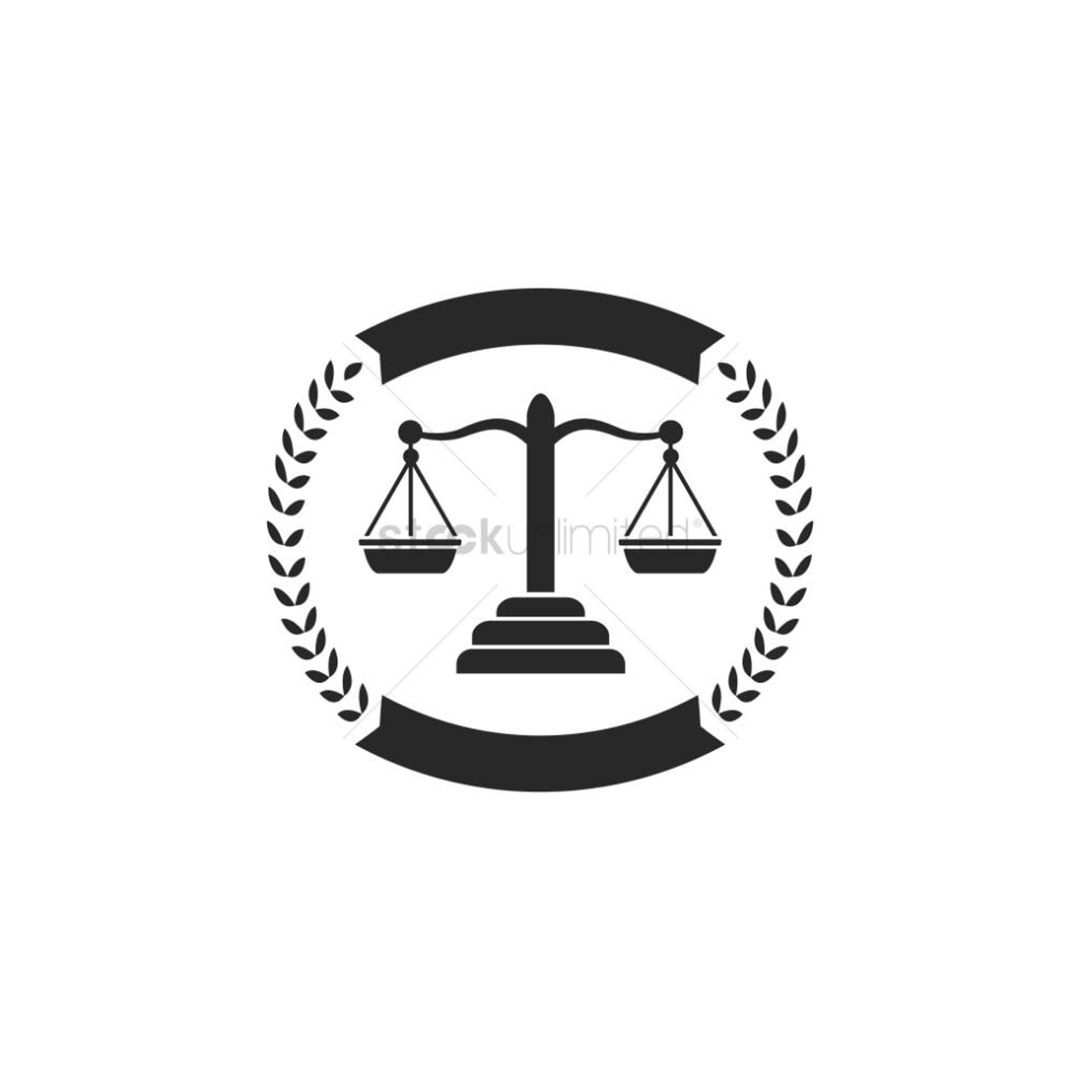JUSTICABLILITY OF CHAPTER II OF THE CONSTITUTION
Section 13 of the Constitution states;
It is the duty and responsibility of all organs of government and of all authorities and persons, exercising legislative, executive or judicial powers to conform to, observe, and apply the provisions of this chapter of the Constitution.
However, see what section 6(6)(c) of the same Constitution provides;
shall not, except as otherwise provided by this Constitution, extend to any issue or question as to whether any act or omission by any authority or person as to whether any law or judicial decision is in conformity with the Fundamental Objectives and Directive Principles of state policy set out in Chapter II of the Constitution.
With the foregoing, one may ask, “what value do they have in the Constitution since they are non-justiciable?” It is an aid, to guide the administration of Chapter IV of the Constitution (see Arch Bishop Anthony (Trustee of Roman Catholic School) v AG Lagos State; AG Ondo v AG Federation).
Therefore, Chapter II is to an extent justiciable. Let’s examine how.
POLITICAL OBJECTIVES (Section 15)
15. (1) The motto of the Federal Republic of Nigeria shall be Unity and Faith, Peace and Progress.
(2) Accordingly, national integration shall be actively encouraged, whilst discrimination on the grounds of place of origin, sex, religion, status, ethnic or linguistic association or ties shall be prohibited.
(3) For the purpose of promoting national integration, it shall be the duty of the State to:
(a) provide adequate facilities for and encourage free mobility of people, goods and services throughtout the Federation.
(b) secure full residence rights for every citizen in all parts of the Federation.
(c) encourage inter-marriage among persons from different places of origin, or of different religious, ethnic or linguistic association or ties; and
(d) promote or encourage the formation of associations that cut across ethnic, linguistic, religious and or other sectional barriers.
(4) The State shall foster a feeling of belonging and of involvement among the various people of the Federation, to the end that loyalty to the nation shall override sectional loyalties.
(5) The State shall abolish all corrupt practices and abuse of power.
Notwithstanding the provisions above, section 15 is enforceable by section 42 of the Constitution, which states;
42. (1) A citizen of Nigeria of a particular community, ethnic group, place of origin, sex, religion or political opinion shall not, by reason only that he is such a person:-
(a) be subjected either expressly by, or in the practical application of, any law in force in Nigeria or any executive or administrative action of the government, to disabilities or restrictions to which citizens of Nigeria of other communities, ethnic groups, places of origin, sex, religions or political opinions are not made subject; or
(b) be accorded either expressly by, or in the practical application of, any law in force in Nigeria or any such executive or administrative action, any privilege or advantage that is not accorded to citizens of Nigeria of other communities, ethnic groups, places of origin, sex, religions or political opinions.
(2) No citizen of Nigeria shall be subjected to any disability or deprivation merely by reason of the circumstances of his birth.
(3) Nothing in subsection (1) of this section shall invalidate any law by reason only that the law imposes restrictions with respect to the appointment of any person to any office under the State or as a member of the armed forces of the Federation or member of the Nigeria Police Forces or to an office in the service of a body, corporate established directly by any law in force in Nigeria.
See also the provisions of sections 33, 34, 37 and 39 of the Constitution.
ECONOMIC OBJECTIVES (Section 16)
16. (1) The State shall, within the context of the ideals and objectives for which provisions are made in this Constitution.
(a) harness the resources of the nation and promote national prosperity and an efficient, a dynamic and self-reliant economy;
(b) control the national economy in such manner as to secure the maximum welfare, freedom and happiness of every citizen on the basis of social justice and equality of status and opportunity;
(c) without prejudice to its right to operate or participate in areas of the economy, other than the major sectors of the economy, manage and operate the major sectors of the economy;
(d) without prejudice to the right of any person to participate in areas of the economy within the major sector of the economy, protect the right of every citizen to engage in any economic activities outside the major sectors of the economy.
(2) The State shall direct its policy towards ensuring:
(a) the promotion of a planned and balanced economic development;
(b) that the material resources of the nation are harnessed and distributed as best as possible to serve the common good;
(c) that the economic system is not operated in such a manner as to permit the concentration of wealth or the means of production and exchange in the hands of few individuals or of a group; and
(d) that suitable and adequate shelter, suitable and adequate food, reasonable national minimum living wage, old age care and pensions, and unemployment, sick benefits and welfare of the disabled are provided for all citizens.
(3) A body shall be set up by an Act of the National Assembly which shall have power;
(a) to review, from time to time, the ownership and control of business enterprises operating in Nigeria and make recommendations to the President on same; and
(b) to administer any law for the regulation of the ownership and control of such enterprises.
(4) For the purposes of subsection (1) of this section –
(a) the reference to the ‘major sectors of the economy’ shall be construed as a reference to such economic activities as may, from time to time, be declared by a resolution of each House of the National Assembly to be managed and operated exclusively by the Government of the Federation, and until a resolution to the contrary is made by the National Assembly, economic activities being operated exclusively by the Government of the Federation on the date immediately preceding the day when this section comes into force, whether directly or through the agencies of a statutory or other corporation or company, shall be deemed to be major sectors of the economy;
(b) ‘economic activities’ includes activities directly concerned with the production, distribution and exchange of weather or of goods and services; and
(c) ‘participate’ includes the rendering of services and supplying of goods.
Although it’s not justicable, it gives the direction on how the government is run, and it gives focus on it’s policy (economic policy) direction.
SOCIAL OBJECTIVES (Section 17)
17. (1) The State social order is founded on ideals of Freedom, Equality and Justice.
(2) In furtherance of the social order-
(a) every citizen shall have equality of rights, obligations and opportunities before the law;
(b) the sanctity of the human person shall be recognised and human dignity shall be maintained and enhanced;
(c) governmental actions shall be humane;
(d) exploitation of human or natural resources in any form whatsoever for reasons, other than the good of the community, shall be prevented; and
(e) the independence, impartiality and integrity of courts of law, and easy accessibility thereto shall be secured and maintained.
(3) The State shall direct its policy towards ensuring that-
(a) all citizens, without discrimination on any group whatsoever, have the opportunity for securing adequate means of livelihood as well as adequate opportunity to secure suitable employment;
(b) conditions of work are just and humane, and that there are adequate facilities for leisure and for social, religious and cultural life;
(c) the health, safety and welfare of all persons in employment are safeguarded and not endangered or abused;
(d) there are adequate medical and health facilities for all persons:
(e) there is equal pay for equal work without discrimination on account of sex, or on any other ground whatsoever;
(f) children, young persons and the age are protected against any exploitation whatsoever, and against moral and material neglect;
(g) provision is made for public assistance in deserving cases or other conditions of need; and
(h) the evolution and promotion of family life is encouraged.
Therefore this chapter of the Constitution clearly provides for freedom, equality, and justice.
Freedom is a constitutional right. This section merely emphasises it. Equality too is found in section 42 of the Constitution. Justice is found everywhere in the Constitution. The idea is found in Chapter VII of the Constitution.
However, the usefulness of a social benefit depends on the ability of one to get the benefit and opportunity or right to ask for the enforcement of the right when it has been trampled upon.
EDUCATIONAL OBJECTIVES (Section 18)
18. (1) Government shall direct its policy towards ensuring that there are equal and adequate educational opportunities at all levels.
(2) Government shall promote science and technology
(3) Government shall strive to eradicate illiteracy; and to this end Government shall as and when practicable provide
(a) free, compulsory and universal primary education;
(b) free secondary education;
(c) free university education; and
(d) free adult literacy programme.
The government is obligated to the nation to provide the necessary education, eradicate illiteracy and promote science and technology and shall do so when practicable (section 18(3).
However, educational objectives can be enforced through section 38 of the Constitution. Review Arch Bishop Anthony (The Trustee of Roman Catholic School) v AG Lagos State.
FOREIGN POLICY OBJECTIVES
19. The foreign policy objectives shall be –
(a) promotion and protection of the national interest;
(b) promotion of African integration and support for African unity;
(c) promotion of international co-operation for the consolidation of universal peace and mutual respect among all nations and elimination of discrimination in all its manifestations;
(d) respect for international law and treaty obligations as well as the seeking of settlement of international disputes by negotiation, mediation, conciliation, arbitration and adjudication; and
(e) promotion of a just world economic order.
Nigeria is obliged to enter into relations with other countries, and also to belong to international organisations. This is simply a reminder.
However, solace is found in section 12 of the Constitution, which enjoins the country to enter into treaties and make such treaties part of our law.
The relevance of the Fundamental Objectives and Directive Principles of State Policy in the Constitution is found in the Indian case of the State of Madras v Champakam, where the court stated as follows;
The Directive Principles of State Policy by which Article 37 has expressly made unenforceable by a court cannot override the provisions found in Part III which notwithstanding other provisions are expressly made unenforceable by appropriate writs, orders or directions under Article 32. The Chapter on Fundamental Rights is sacrosanct and cannot be abrogated by any legislative or executive Act or order, except to the extent provided in appropriate Articles in Part III. The Directive Principles… have to conform to and run as a subsidiary to the Chapter on Fundamental Rights.
This was the court’s decision in Arch Bishop Anthony v AG Lagos State.


Leave a Reply